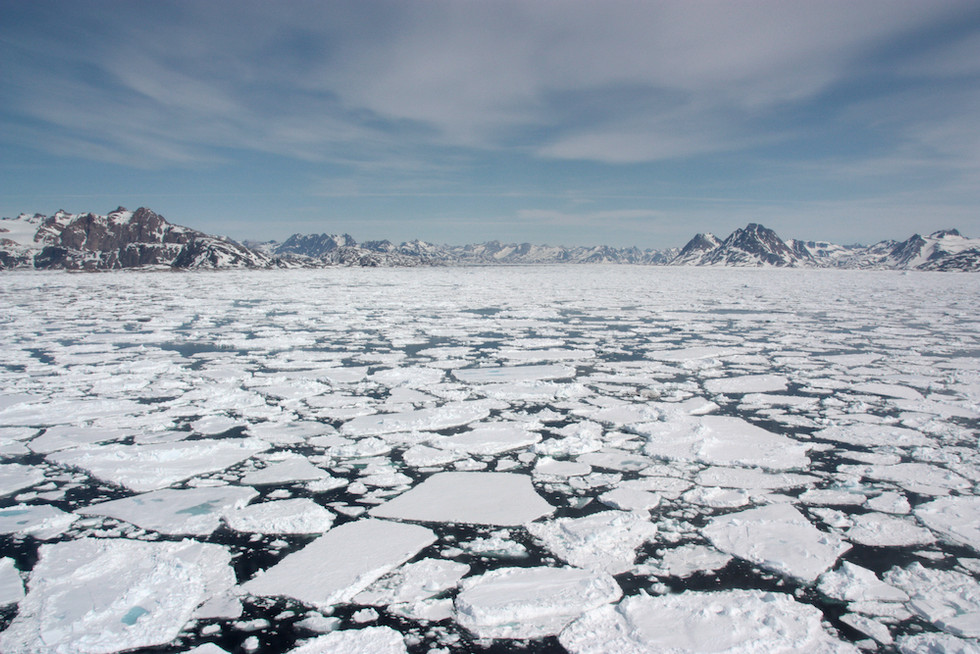Everything, everywhere, all at once
- Jun 5, 2023
- 4 min read
Updated: Dec 11, 2024

By MAJOR PETER McGUIGAN
From the upper windows of our home in Canberra, you can look out on a clear day and see the majesty of the Brindabella Ranges in one direction and the beauty of the Molonglo Valley in another. Right now, Canberra’s notorious winter freeze is kicking in, and most mornings a heavy white mist hovers over the Molonglo River – adding something ethereal, perhaps even spiritual, to our view.
Three months have passed since I moved to the nation’s capital, and still every morning I observe and breathe into my whole being the magnificence of the earth in front of me. It’s an inspiring way to start the day, particularly as the sun rises. Often a prayer comes onto my lips: “Thank you great God for the earth, our home. Thank you for the love and awesome attention to every detail that is evident in what you have made.”
It also occurs to me that the damage human beings have inflicted on the earth and its environment is not always noticeable, and I have sometimes wondered if the environmental decline is actually as serious as what earth scientists tell us.
But then I consider the poor state of the Great Barrier Reef, for example, and the occurrence of coral bleaching. In the past three decades, the reef has lost half its coral cover and is on course to lose it all within 10 years, particularly in its central and southern regions.
Biodiversity loss is another example. The demise of habitats and the related extinction of species has escalated at an alarming rate in recent years.
And the earth’s ice caps are melting. NASA (National Aeronautics and Space Administration agency of the United States) says that “Antarctica is losing ice mass at the average rate of about 150 billion tonnes per year” and that “Greenland is losing about 270 billion tonnes per year, adding to sea level rise”.
This is undeniable evidence of the impact of human activity on the earth. Our large-scale burning of fossil fuels, unbridled deforestation, and our unthinking reliance on non-recyclables such as single-use plastics are three patterns of human behaviour behind the self-made dilemma we now face. Environmental decline is actually much worse than many of us think.
Our commitment
The good news is that more and more of the world’s citizens, organisations and governments are signing up for climate action. Collectively and individually, the environmental measures we are taking now are critical. Humanity cannot afford to ease up any time soon in its resolve to arrest environmental decline and give the earth the opportunity to heal itself.
And it’s not tokenism; it’s about transforming how we live and taking responsibility for the earth without going back to our old reckless ways. Nurturing this renewed sense of being custodians of the earth and letting it fully flourish is key to our future.
On the eve of World Environment Day 2023 (5 June), with its theme ‘Beat Plastic Pollution’, it would be helpful for us all to take stock of our efforts and what we have committed to do. Here is a list of four:
• Recycling and waste reduction: We are committed to recycling everything that is recyclable, to vege gardens and composting, and to replacing non-recyclables such as plastic bags and single-use cups.
• Clean energy: We are committed to transforming our energy sources from carbon-based to renewable. Every home in Australia should have solar installed. And we can switch to renewable energy suppliers.
• Transport: We are committed to transforming our vehicles from petroleum-fueled to electricity-fueled. As technology advances and electric vehicles go down in price, all of us should be looking to drive an electric car. In the meantime, we can leave the car at home and cycle or walk when possible. We can also reduce the number of long-haul flights we choose to take.
• Planting trees: We are committed to restoring the natural ecosystem through planting trees. You can do this on your own or, more effectively, as part of an organization committed to tree planting. Plants and trees help the planet to breathe. They absorb carbon like nothing else and, in the process, produce oxygen.
The organization I work for in Australia, The Salvation Army, in partnership with energy company AGL, is currently installing solar in more than 850 sites across the country. The Salvos are also exploring introducing electric vehicles into their fleet and already have many hybrid vehicles.
In a lot of cities now, electric buses are replacing petrol buses. To pinch the title from the recent Academy-award winning film, our strategy should be everything, everywhere, all at once.
To read The Salvation Army’s International Positional Statement ‘Caring for the Environment, click here https://www.salvationarmy.org.au/portlincoln/news/2021/10/15/caring-for-the-environment/

Major Peter McGuigan is The Salvation Army’s Head of Government Relations Australia. His new book titled A New Day: Writing During the Pandemic on Relationships, Responsibility and Spiritual Renewal comprises 11 chapters reflecting on the possibility of ‘a new day’ for humanity in our post-pandemic experience. The book includes stunning landscape photography of earth and ocean scenes by Peter’s son, Gareth McGuigan, that depicts the concept of a new day visually. There are also prayers and reflection questions to help readers go deeper. To make the most of the photos, the production is 12 x 12 cms.
You can purchase a copy of A New Day at http://salvationarmysupplies.com.au/a-new-day/ or at Koorong Stores nationwide.












